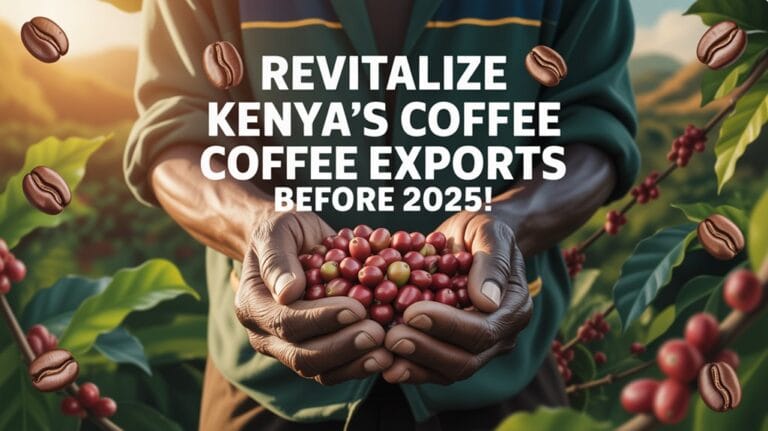Kenya is stepping up its efforts to secure a trade deal with the United States as the African Growth and Opportunity Act (Agoa) nears its expiration in 2025. This act has allowed Kenyan goods to enter the U.S. market without heavy tariffs. Unfortunately, once it expires, Kenya’s agricultural exports, including coffee and tea, could face increased tariff costs. This situation could hurt Kenya’s economy and trade with the U.S.
Kenya aims for a trade deal with the U.S. before the expiration of Agoa in 2025 to protect its agricultural exports.
In response to this looming deadline, Kenya has revived bilateral negotiations with the United States. These talks began under former President Trump and have continued since 2020. The main goal is to finalize a trade agreement by the end of 2025. Both countries are focusing on ensuring that Kenyan products, particularly textiles and agricultural items, have easier access to the American market. A successful trade agreement could enhance Kenya’s exports considerably, particularly by leveraging the immersion brewing techniques favored by many coffee enthusiasts.
Kenya’s economy relies heavily on agricultural exports like coffee, which are among its most valuable products. The loss of Agoa benefits could lead to higher costs for these exports, making them less competitive in the U.S. market. For many coffee farmers and workers, this could also mean job losses, further affecting local communities that depend on these exports for their livelihood. Coffee production has historically served as a major economic driver, symbolizing the significant impact that coffee has on local economies.
Additionally, the U.S. has adjusted tariffs on coffee imports, affecting countries like Brazil and Colombia. These changes create uncertain outcomes for Kenya’s coffee trade as it could struggle to compete against these nations. Hence, the urgency for a new trade deal grows stronger.
Investors and farmers are closely watching the negotiations, hoping for a favorable outcome. An agreement would not only secure Kenya’s market access but also strengthen economic ties between the two nations. The stakes are high for Kenya’s coffee farmers as the clock ticks down to 2025 and the expiration of Agoa draws near.





